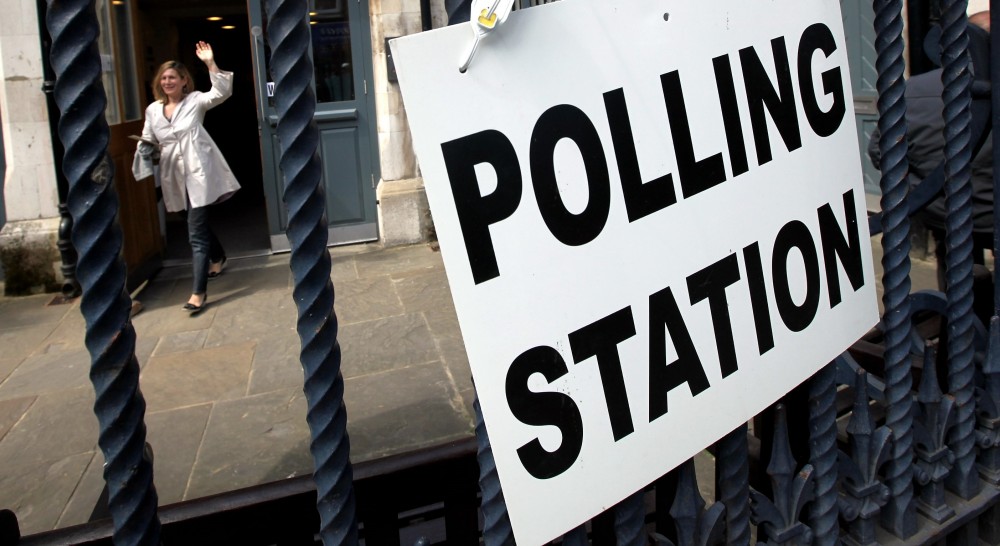Election 2015: What’s at stake?
The upcoming election is set to be the one of the most unpredictable in decades. And as Unite general secretary Len McCluskey highlighted yesterday in his speech (February 2), the stakes are incredibly high.
An informed electorate is a formidable force against a moneyed elite who would rather you stay at home on election day.
That’s why the Centre for Labour and Social Studies (Class), a think tank supported by Unite and other trade unions, is set to host a series of events throughout the country in the weeks leading up to the election to debate policies that matter to working people everywhere.
Each of the five events will be a forum for discussion on one policy area – work, pay and the role of trade unions; tax; the NHS; the economy; and housing. Each event will also see the launch of a special Class pamphlet that outlines just what’s at stake in each of these policy areas as the general election nears.
Class media and communications officer Ellie O’Hagan says the events, which will be held in Glasgow, Bristol, Manchester, Birmingham and Newcastle, are the culmination of the years of research the think tank has conducted since its inception in 2012.
“With these events, we’re hoping to get a debate going between the electorate and people running for office about what Britain needs to make our society more equal and more fair, and what’s needed to ensure a better quality of life for all,” she explained.
“We’re also hoping to demonstrate to whichever party is elected what’s needed to make sure the public is equitably served in each of these key policy areas.”
Class will kick off their series of events in Glasgow on Thursday, February 12, where guest speakers will discuss the trade union movement in the context of the General Election. The corresponding pamphlet will deliberate on the role that trade unions have to play in tackling inequality and developing a sustainable economy that works for the many, and not just the few.
Ellie argues pay inequality has grown exponentially in the last few years, with low-pay jobs dominating the economy, and Class research has revealed there are specific reasons for this trend.
“Our evidence from papers we’ve commissioned has shown that there’s a strong correlation between a decline in collective bargaining agreements and a drop in wages, which is partly due to the weakening of trade unions in the workplace but also due to the weakening of the trade union movement as a political force in the country,” she explained.
The event in Glasgow will be headlined by speakers including Neil Findlay MSP, shadow cabinet member for Fair Work, Skills and Training; Angela O’Hagan of the Women in Scotland’s Economy Research Centre; and STUC deputy general secretary Dave Moxham. The event will be chaired by Libby Brooks of the Guardian.
Each event is free to attend. Find out more, including how to register for the event, here.
 Like
Like Follow
Follow


